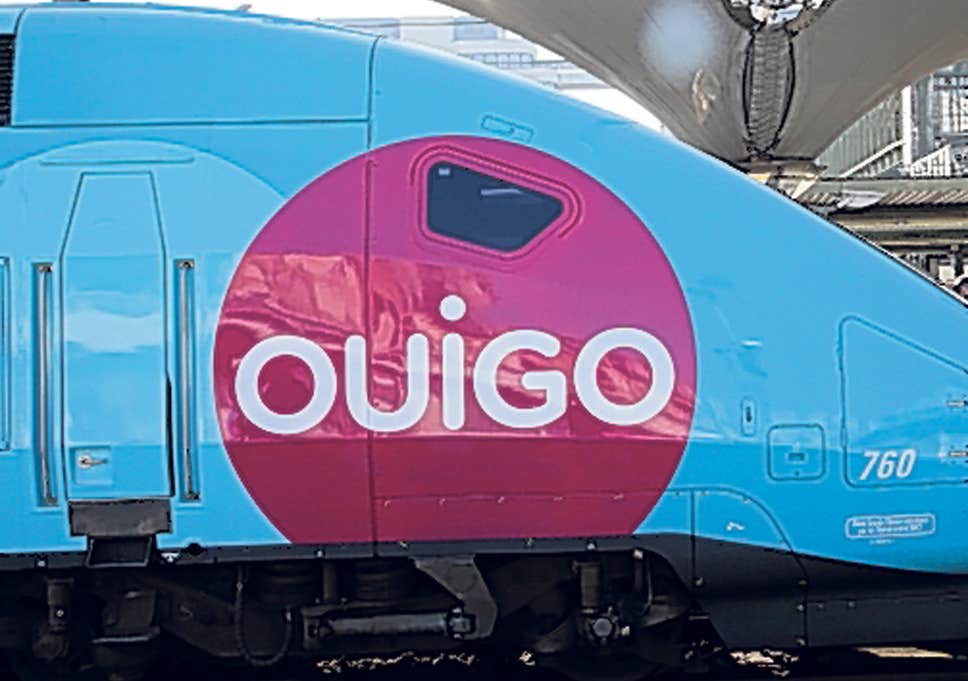Rail expansion across Europe and Africa as UK borders close
A 150-minute trip between Madrid and Barcelona is on sale for as little as £8 each way

Your support helps us to tell the story
From reproductive rights to climate change to Big Tech, The Independent is on the ground when the story is developing. Whether it's investigating the financials of Elon Musk's pro-Trump PAC or producing our latest documentary, 'The A Word', which shines a light on the American women fighting for reproductive rights, we know how important it is to parse out the facts from the messaging.
At such a critical moment in US history, we need reporters on the ground. Your donation allows us to keep sending journalists to speak to both sides of the story.
The Independent is trusted by Americans across the entire political spectrum. And unlike many other quality news outlets, we choose not to lock Americans out of our reporting and analysis with paywalls. We believe quality journalism should be available to everyone, paid for by those who can afford it.
Your support makes all the difference.As train operators in the UK cut back on their services because of lockdown, new low-cost/high-speed services are set to begin in France and Spain. And elsewhere around the world, lines are being brought back into use.
The latest edition of the European Rail Timetable reveals a new high-speed service between Charles de Gaulle airport in Paris and Quimper on the coast of Brittany. It is due to commence in April.
The train is branded Ouigo, the budget offshoot of the French national rail operator, SNCF.
From 10 May, Ouigo is taking on the Spanish state train operator, Renfe, on the key inter-city link from Madrid to Barcelona.
Fares start at just €9 (£8) for the two-hour, 30-minute journey between Spain’s biggest cities. The link also serves Zaragoza and Tarragona.
But Mark Smith, who runs the Seat61.com international rail service, said: “Be warned that this low-cost operation has airline-style baggage limits and extra fees for large bags, so check carefully when booking.”
In an example of collaboration rather than competition, Austrian and Hungarian Railways have introduced three additional services between Budapest and Vienna – creating an hourly schedule between the two capitals.
Between Krakow in Poland and the German capital, Berlin, the Wawel express train has been reintroduced after a gap of six years.
An Alpine international route has been transformed: the time between Zurich and Munich has been cut by 45 minutes to four hours, with three daily trains doubled to six.
In Swedish Lapland, a former freight-only line has been resurrected at the northernmost part of the Gulf of Bothnia. Passenger services between Boden and Haparanda are due to begin on 1 April.
Further afield, Kenya Railways has reintroduced services between Nairobi and Nanyuki, more than 20 years after the last passenger train ran.
The 110-mile journey runs just once weekly, and takes around six hours. The train hold an impressive 1,600 passengers.



Join our commenting forum
Join thought-provoking conversations, follow other Independent readers and see their replies
2Comments